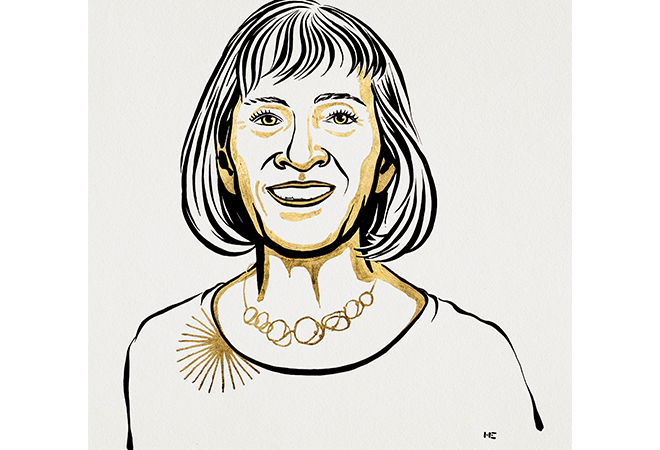Study into female labour trends secures famous award.
The winner of the 2023 Nobel Prize for Economics, Claudia Goldin, provided the first comprehensive account of women’s earnings and labour market participation throughout recent centuries.
Ms Goldin examined more than 200 years of data from the United States, learning how and why gender differences in earnings and employment rates have changed over time.
She found female participation in the labour market did not have an upward trend over this entire period, but instead formed a U-shaped curve.
The participation of married women decreased with the transition from an agrarian to an industrial society in the early 19th century, but then started to increase with the growth of the service sector in the subsequent century.
Ms Goldin explained this pattern as the result of structural change and evolving social norms regarding women’s responsibilities for home and family.
During the 20th century, women’s education levels continuously increased, and in most high-income countries they are now substantially higher than men’s. Goldin demonstrated that access to the contraceptive pill played an important role in accelerating this revolutionary change by offering new opportunities for career planning.
Despite modernisation, economic growth and rising proportions of employed women in the 20th century, for a long period of time the earnings gap between women and men hardly closed.
According to Goldin, part of the explanation is that educational decisions, which impact a lifetime of career opportunities, are made at a relatively young age. If the expectations of young women are formed by the experiences of previous generations – for instance, their mothers, who did not go back to work until the children had grown up – then development will be slow.
















Leave a Comment
Your email address will not be published. Required fields are marked with *